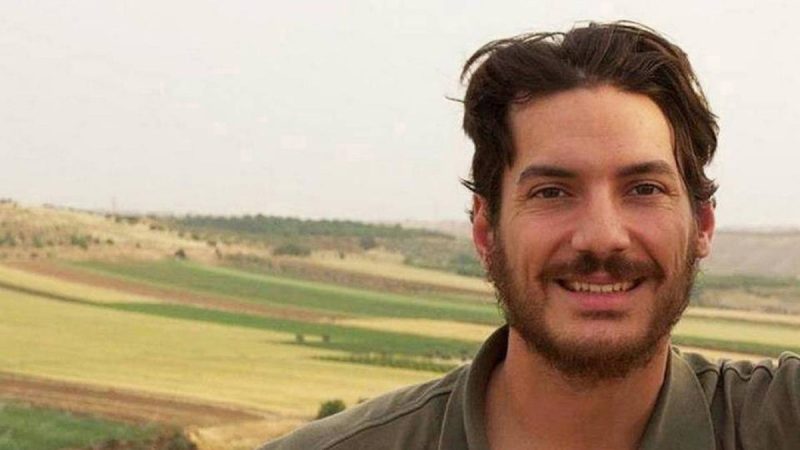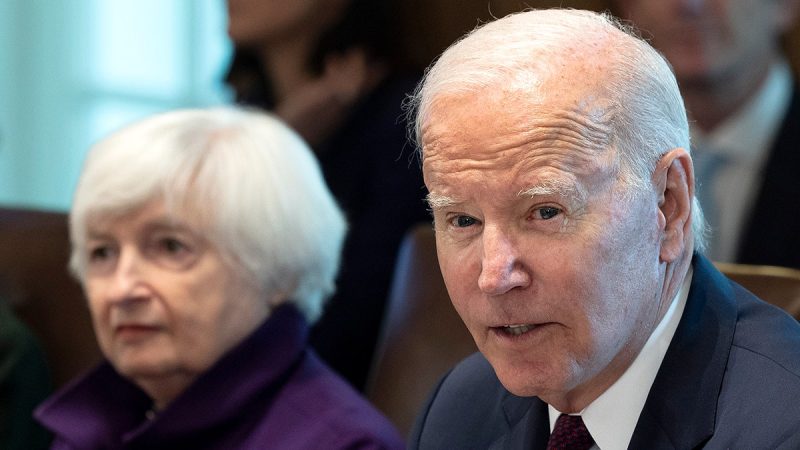January 25, 2024
Behind the Blogger: Russian Military Guru Igor Girkin’s Shocking Extremism Sentence Revealed!
 Igor Girkin, a prominent Russian military blogger and former separatist leader in Ukraine, has recently been sentenced to four years in prison on extremism charges. Girkin, also known by his nom de guerre Strelkov, played a crucial role in the early stages of the separatist conflict in Eastern Ukraine and gained notoriety for his inflammatory online posts and support for armed rebellion against the Ukrainian government. This verdict, although not unexpected given the current political climate in Russia, raises important questions about the limits of free expression and the use of extremism charges to suppress dissent and political opposition.
Girkin's journey from being an unknown Russian military officer to a widely recognized figure in the Ukrainian crisis began in 2014 when he emerged as one of the leaders of the self-proclaimed Donetsk People's Republic (DPR). As the head of the armed forces in the region, he garnered a significant following both online and among pro-Russian separatist groups. Through his blog and social media profiles, Girkin disseminated his ideas on Russian nationalism and promoted the use of force to achieve separatist goals.
It is worth noting that Girkin's extremist views and actions were not limited to the virtual realm. Under his command, the DPR engaged in fierce battles with the Ukrainian army, leading to the deaths of countless individuals on both sides. The conflict attracted international attention and condemnation, resulting in a fragile ceasefire that remains in place to this day. Girkin's role in the armed conflict undoubtedly played a significant role in his subsequent prosecution.
However, the recent conviction of Girkin on extremism charges raises concerns about the impartiality of the Russian judiciary and the broader issue of freedom of expression. The Russian government has been known to employ extremism laws as a tool to suppress dissent and silence political opponents. Critics argue that these laws are vaguely defined and overly broad, allowing for the prosecution of individuals for expressing opinions that are merely critical or contrary to official narratives.
While it is essential to address the potential consequences of inflammatory rhetoric and the incitement of violence, using extremism charges to target individuals like Girkin raises questions about the government's intentions and agenda. It seems that, rather than solely focusing on his actions during the conflict, the authorities were also driven by a desire to stifle voices that clash with the state's narrative.
The punishment assigned to Girkin, four years in prison, is relatively light considering the role he played in the Ukrainian conflict. Some argue that this leniency signifies the Russian government's desire to maintain a measure of control over Girkin and prevent him from becoming a martyr or rallying point for extremist groups. By keeping him incarcerated but not subjecting him to a harsher sentence, the authorities can project an image of a fair trial while ensuring his continued isolation from the public.
However, the ongoing crackdown on dissent and the imprisonment of Girkin reminds us of the shrinking space for freedom of expression, independent thought, and political opposition in Russia. Critics argue that the government's increasingly stringent policies and the use of extremism charges pave the way for a climate of fear, discouraging open debate and silencing alternative voices that are essential for a healthy democracy.
In conclusion, the sentencing of Igor Girkin, aka Strelkov, to four years in prison on extremism charges speaks to the broader issues of freedom of expression and political dissent in Russia. While his role in the Ukrainian conflict cannot be overlooked, the government's use of extremism laws to suppress opposition raises concerns about the impartiality of the judiciary and the stifling of critical voices. The case of Girkin serves as a reminder that protecting freedom of expression and fostering a diverse range of opinions are vital for the development of a democratic society.
Igor Girkin, a prominent Russian military blogger and former separatist leader in Ukraine, has recently been sentenced to four years in prison on extremism charges. Girkin, also known by his nom de guerre Strelkov, played a crucial role in the early stages of the separatist conflict in Eastern Ukraine and gained notoriety for his inflammatory online posts and support for armed rebellion against the Ukrainian government. This verdict, although not unexpected given the current political climate in Russia, raises important questions about the limits of free expression and the use of extremism charges to suppress dissent and political opposition.
Girkin's journey from being an unknown Russian military officer to a widely recognized figure in the Ukrainian crisis began in 2014 when he emerged as one of the leaders of the self-proclaimed Donetsk People's Republic (DPR). As the head of the armed forces in the region, he garnered a significant following both online and among pro-Russian separatist groups. Through his blog and social media profiles, Girkin disseminated his ideas on Russian nationalism and promoted the use of force to achieve separatist goals.
It is worth noting that Girkin's extremist views and actions were not limited to the virtual realm. Under his command, the DPR engaged in fierce battles with the Ukrainian army, leading to the deaths of countless individuals on both sides. The conflict attracted international attention and condemnation, resulting in a fragile ceasefire that remains in place to this day. Girkin's role in the armed conflict undoubtedly played a significant role in his subsequent prosecution.
However, the recent conviction of Girkin on extremism charges raises concerns about the impartiality of the Russian judiciary and the broader issue of freedom of expression. The Russian government has been known to employ extremism laws as a tool to suppress dissent and silence political opponents. Critics argue that these laws are vaguely defined and overly broad, allowing for the prosecution of individuals for expressing opinions that are merely critical or contrary to official narratives.
While it is essential to address the potential consequences of inflammatory rhetoric and the incitement of violence, using extremism charges to target individuals like Girkin raises questions about the government's intentions and agenda. It seems that, rather than solely focusing on his actions during the conflict, the authorities were also driven by a desire to stifle voices that clash with the state's narrative.
The punishment assigned to Girkin, four years in prison, is relatively light considering the role he played in the Ukrainian conflict. Some argue that this leniency signifies the Russian government's desire to maintain a measure of control over Girkin and prevent him from becoming a martyr or rallying point for extremist groups. By keeping him incarcerated but not subjecting him to a harsher sentence, the authorities can project an image of a fair trial while ensuring his continued isolation from the public.
However, the ongoing crackdown on dissent and the imprisonment of Girkin reminds us of the shrinking space for freedom of expression, independent thought, and political opposition in Russia. Critics argue that the government's increasingly stringent policies and the use of extremism charges pave the way for a climate of fear, discouraging open debate and silencing alternative voices that are essential for a healthy democracy.
In conclusion, the sentencing of Igor Girkin, aka Strelkov, to four years in prison on extremism charges speaks to the broader issues of freedom of expression and political dissent in Russia. While his role in the Ukrainian conflict cannot be overlooked, the government's use of extremism laws to suppress opposition raises concerns about the impartiality of the judiciary and the stifling of critical voices. The case of Girkin serves as a reminder that protecting freedom of expression and fostering a diverse range of opinions are vital for the development of a democratic society.
If you would like to delve into the world of investment topics , go to our partner project Wall Street Wizardry


